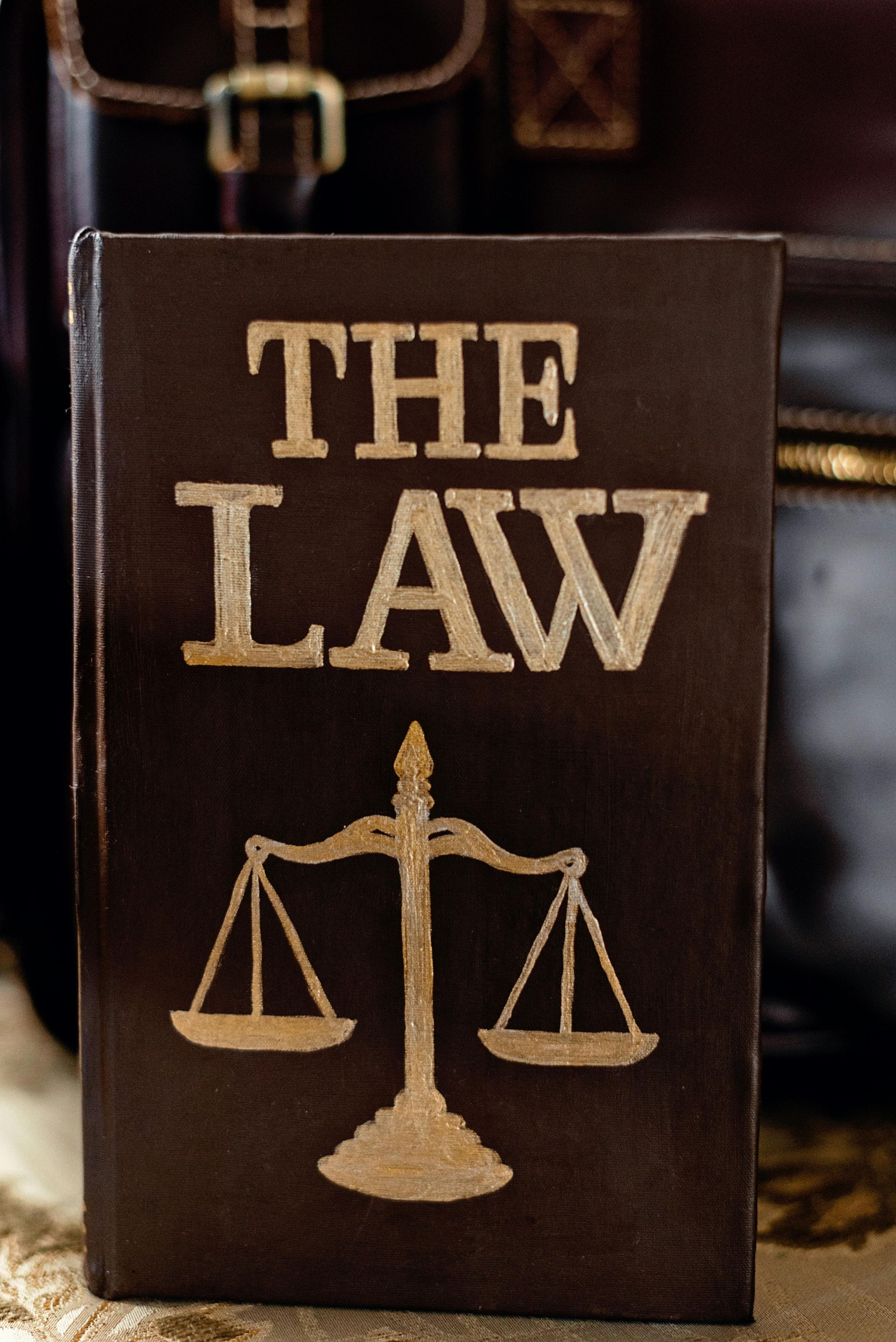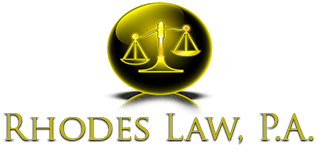Can A Will or Trust Still End Up in Probate?

So, What's the Deal with Probate Anyway?
So, what's the deal with probate anyway? You've probably heard this term tossed around in casual conversations. It might sound like something straight out of a law school textbook, but trust me, understanding probate isn't as daunting as you think. Let's break it down together! Probate is essentially the legal process that takes place after someone dies to ensure their will (if they had one) is valid and their assets are distributed according to their wishes. If there’s no will involved – don’t worry - probate still steps in to divvy things up fairly under state law. Now, here comes an interesting part: even if you have a solidly crafted will or trust set-up, sometimes these can end up facing the music at court through...you guessed right - Probates! Imagine having all your meticulous planning being put on trial for legitimacy; sounds stressful doesn't it? But why does this happen? A variety of reasons could land even well-prepared documents into probate such as debts exceeding assets value or conflicts among beneficiaries about how property should be divided. And let’s not forget our dear friend bureaucracy who loves putting it's nose where we’d rather prefer otherwise! Here lies our collective desire: avoiding unnecessary stress and drama when dealing with important matters like asset distribution post-death. After all, wouldn’t life (and death) be much simpler without any surprise trips to court? Well folks – time for action now! To avoid finding yourself tangled in complex webs spun by Mr.Probate himself– get professional help early on while drafting those crucial documents called Wills & Trusts. Seek advice from experts who know every nook and cranny of estate laws so that everything goes smoothly when settling affairs after passing away.
The Lowdown on Wills and Trusts: Can They Dodge Probate?
Ever found yourself in a maze of legal terms and documents when dealing with wills, trusts, and the dreaded probate? You're not alone! The world of estate planning can be as confusing as it is essential. We're here to break down these complex concepts into bite-sized pieces that are easy to digest.
Let's start by understanding what Wills and Trusts are. Simply put, they’re tools used for passing on your assets after you pass away. A Will directs who should receive your property upon death while a Trust pre-arranges how those properties will be distributed - potentially even skipping over the cumbersome process known as Probate.
Now onto the million-dollar question – Can Wills or Trusts dodge Probate? Well folks, there isn't a one-size-fits-all answer but let me tell you, setting up an appropriately structured trust often helps avoid probate entirely! While having just a Will won’t necessarily bypass this lengthy court procedure completely; however combining it with other strategies may help reduce its impact significantly!
So if you want to save time from being tangled up in red tape postmortem or simply wish peace-of-mind knowing everything’s sorted out beforehand– consider discussing all available options with an experienced estate planning attorney today! They'll guide you through every step ensuring that whatever route you chose best suits your needs and circumstances.
Oops! Common Mistakes that Might Land Your Will in Probate
You've meticulously planned your will, but guess what? Even the most well-intentioned plans can sometimes land you straight in probate court. It's a common misconception that having a will or trust is an automatic escape from the clutches of probate. But sadly, even these legal documents are not immune to errors and oversights. So let's delve into some typical blunders people make when crafting their estate plan. One such mistake is forgetting to update your beneficiaries regularly - life changes rapidly; marriages happen, babies arrive, relationships end. If your beneficiary list doesn’t mirror those changes accurately – bam! Your assets might be on a one-way ticket to Probateville! Another frequent error occurs when individuals fail to fund their trusts properly after they're set up - it’s like buying an expensive safe but leaving all valuables outside it. Without transferring ownership of assets into the trust (aka funding), they remain subject to probate. Now that we have caught your attention with these pitfalls and stirred interest about avoiding them—it’s time for desire: imagine being able to confidently say "I got this!" knowing every 'i' has been dotted and every 't' crossed in preparing for future uncertainties while protecting loved ones from potential hassles down the line? That brings us finally onto action—don't wait till tomorrow; start today by seeking professional guidance navigating through this complex process because everyone deserves peace of mind regarding their legacy planning matters.
Sneaky Situations Where Even a Trust Ends Up in Probate
You've done your due diligence. Drafted a trust, set everything in order to avoid the dreaded probate process for your loved ones. But then...BAM! The unthinkable sneaks up on you even with all that preparation, your trust ends up in Probate Court!
Here's where it gets interesting; there are some sly situations where this can happen and they're not as uncommon as one might think! Picture this – you’ve got property or assets left out of the trust by mistake (yep, it happens!). Or perhaps there’s confusion about who should be beneficiaries because names weren't updated after major life events like marriages or divorces.
Tips for Keeping Your Estate Out of the Probate Pitfall
We've all heard the horror stories - estates tied up in probate for months, even years, with loved ones left waiting and legal fees eating into inheritances. It's a scenario no one wants to face. So how can you ensure your estate stays out of this dreaded probate pitfall?
The good news is there are steps you can take now that will give you peace of mind later on. By taking control today, not only do you safeguard your assets but also save your family from unnecessary stress and expense down the line.
Imagine being able to enjoy life right now without worrying about what happens after we're gone because we know our affairs are in order? That’s precisely where Rhodes Law comes into play! They offer an effective solution against potential problems associated with probates.
Don't let procrastination or uncertainty stand between protecting what matters most – be proactive! Call Rhodes Law at (321) 610-4542 and get the peace of mind you deserve!
You might also like




